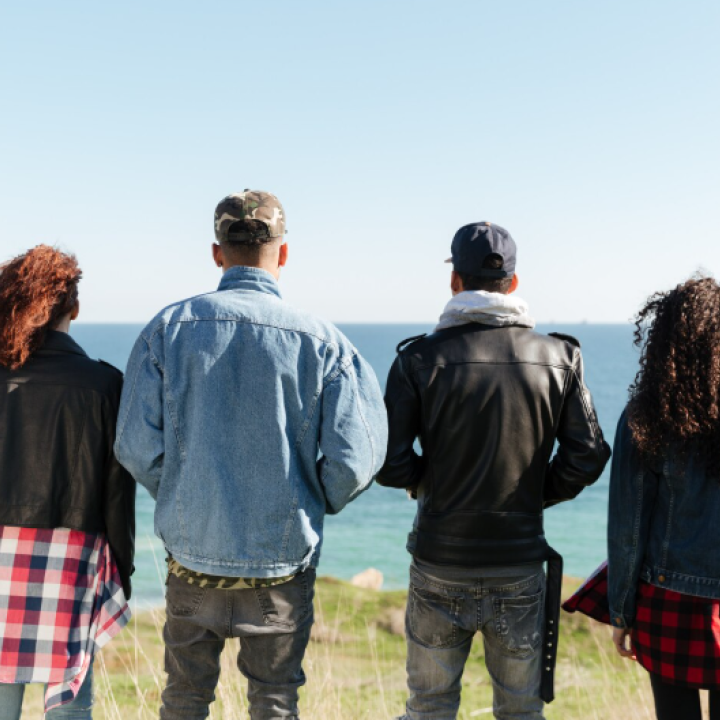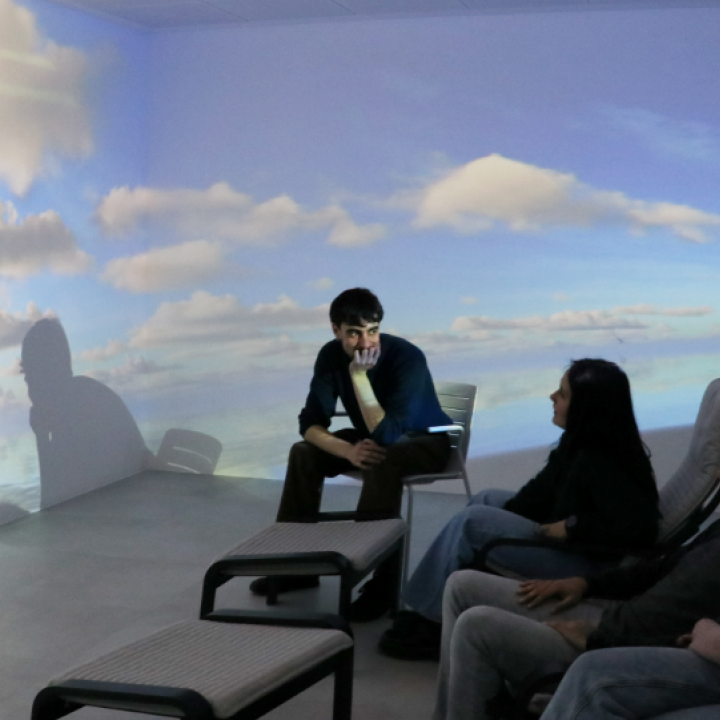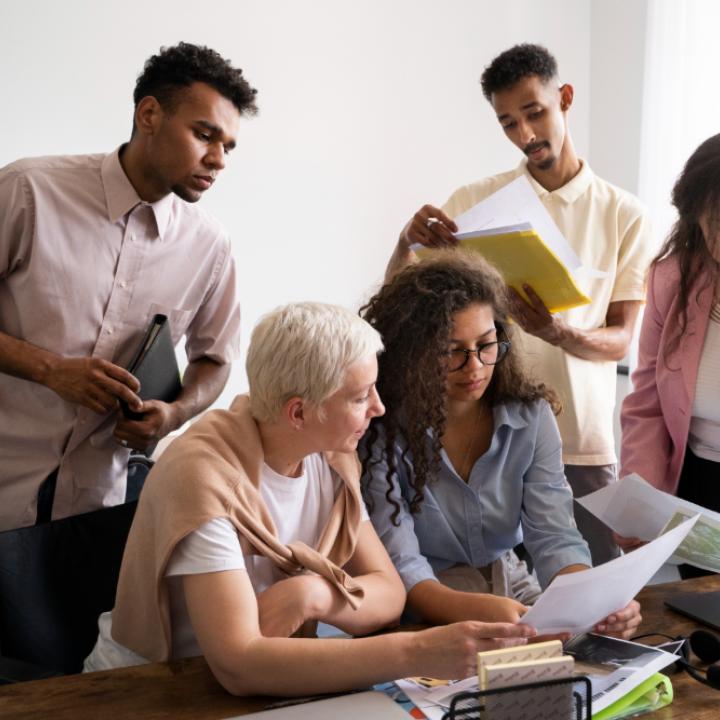Councilor Mònica Martínez-Bravo has agreed with Suara's proposal to care for people 24 hours a day, 7 days a week, designed to be economically sustainable for families, public administrations and professionals.
The Councilor for Social Rights and Inclusion, Mònica Martínez-Bravo, has visited the headquarters of Suara Cooperativa to discover the innovative proposal of caring for the people of the cooperative, which seeks to donate resources to one of the great social and economic aspects of today's society: development. In Catalonia, it is estimated that in 2050 30% of the population will be over 80 years old. Additionally, some 517,000 people over the age of 65 will need care.
In this context, the co-general director of Suara Cooperativa, Tomás Llompart, has conveyed “the need to adapt the financial model to make room for different innovations in people's care, for example, the service-hour model that does not allow the introduction of better technologies in people's care. From Suara we are committed to deinstitutionalization, offering 24/7 attention to the community.”
In this line, the director of digital transformation, Àngels Cobo, has pointed out that “the transformation of the healthcare sector involves digitalization and the integration of the healthcare and healthcare system.” I have stated “The will is to establish an economically sustainable model for the public administration and families and dignity for professionals.”
Technological innovation as a lever for the transformation of the sector
The minister has taken advantage of the opportunity to connect the Social Digital Lab, the Suara social innovation laboratory, and the latest work methodology. Inspired by the European Living Labs, this platform generates countries for the citizens, technological companies, universities and public administration to cooperate in the co-creation, design and implementation of disruptive technological solutions to the main social reptes.
It has also included some of the projects that Suara has put into practice with social and assistance robotics, for the attention of elderly people who live alone at home or in a residence; Casal TV, which provides a response to the unabated loneliness of older people;
The Llars Connectades project which, with sensory and robotics, facilitates people's autonomy in housing, along with the digital home and the dependency information portal Aliura.org, among others.
Concerns for the well-being of professionals in the sector
So, the transformation of the sector must also take into account one of its key elements: professionals. It is therefore important that innovation also focuses on improving the well-being of professionals, with initiatives such as Benestarum; or the Campus, a professional development project that aims to train workers, with the objective of generating quality employment and new opportunities for the sector and the territory; així with the projects of millions of mental health, emotional, psychological and physical well-being of professionals mitjançant virtual and immersive reality.




